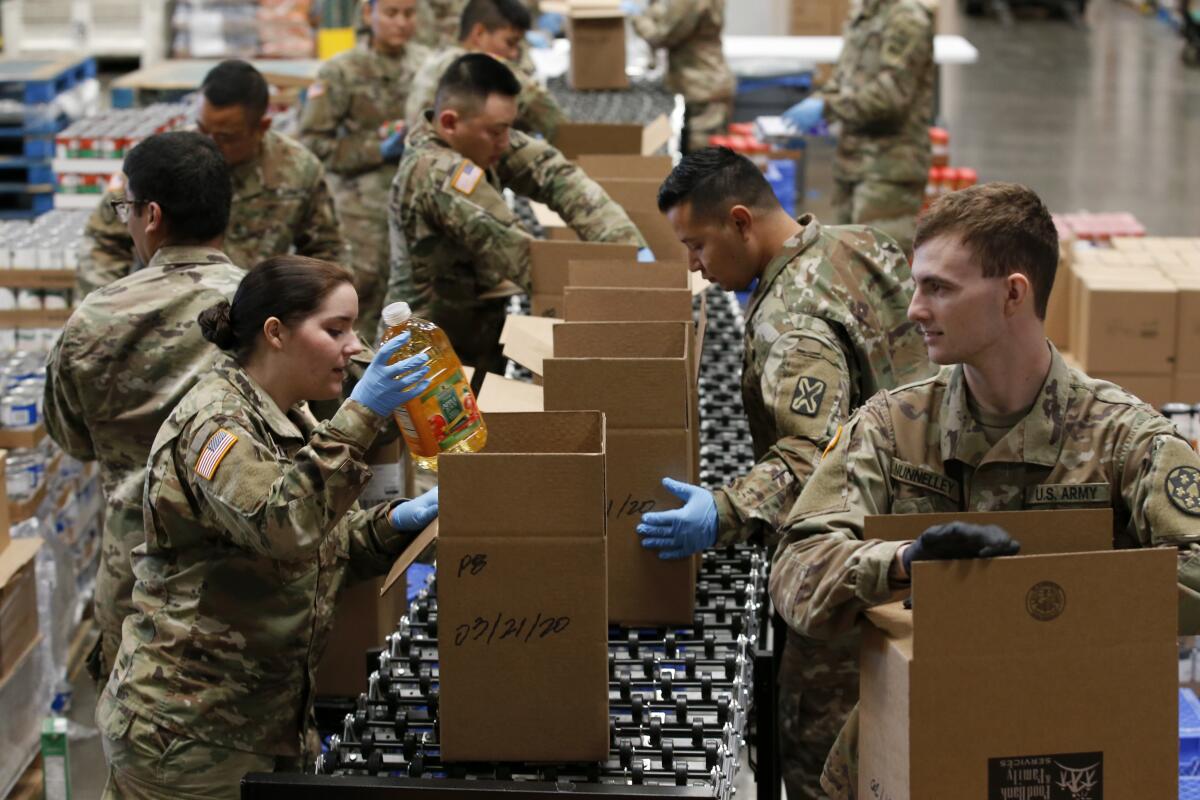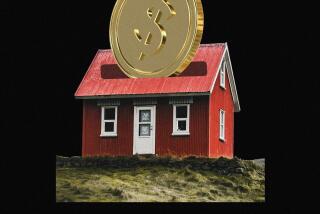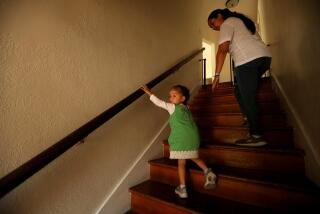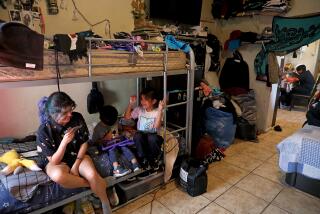One-fifth of Americans fear they can’t pay June rent or mortgage, federal survey finds

WASHINGTON — More than half of California households have seen a loss of income due to the coronavirus pandemic, the U.S. Census Bureau said Wednesday, based on a newly launched weekly survey.
Since March 13, 54.5% of California adults surveyed said they or another adult in their home had lost income, and an additional 40.8% expected their households to earn less from work over the next four weeks.
Nationally, more than a fifth of adults surveyed reported they had slight or no confidence in their ability to pay their rent or mortgage in June.
The findings come from the first release of data from a new weekly survey conducted by the bureau to try to gauge how the outbreak is affecting Americans. The 50-question survey asked about food security, ability to pay rent, access to a computer for school work and anxiety levels.
The Trump administration is asking Congress to let it delay the results of the 2020 Census because of the health crisis.
Nationally, 47% adults said they or another adult in their home had lost employment income since March 13, and 39% expected their household to earn less from work over the next four weeks.
“When we saw those numbers we were very surprised,” said Victoria Velkoff, associate director for demographic programs at the bureau.
Speaking at a Brookings Institution event after the numbers were released, Velkoff noted that the new survey asked about income loss, not unemployment, so the results differ from national jobless figures. Some 36 million Americans have filed unemployment insurance claims since the coronavirus struck.
The survey results show an outsized financial impact of the coronavirus on low-income, low-education and minority households.
Nationally, 58% of Latino respondents, 55% of black respondents and 53% of mixed-race respondents reported lost income, compared with 48% of Asian respondents and 43% of white respondents.
Only 38% of respondents with a bachelor’s degree or higher reported a loss of income, while 56% of those with less than a high school diploma, and 51% of those with a high school diploma, GED or some college reported a loss of work.
Similar discrepancies were found over income, with more than 50% of respondents with household incomes of less than $75,000 reporting a reduction, compared with 29% among households with incomes of $200,000 or more.
The survey also shows the increasing price and scarcity of food during the pandemic.
In California, 11.4% of adults in the survey reported living in a household where there was sometimes or often not enough to eat in the previous seven days, slightly above the 10.6% nationally. Households across the country reported spending an average of $196 a week to buy food at supermarkets or online, according to the bureau.
In California, 38.3% of those surveyed said they had delayed medical care during the pandemic, on par with 38.7% of adults nationally.
More detailed state and city data are expected in the coming weeks, according to the bureau.
Nationally, 29.7% adults reported daily anxiety for over half of the days in the previous week. And 22.8% reported not being able to stop or control worrying on over half of the days in the previous week.
When asked about depression, 18.6% of adults reported feeling down more than half of the days or nearly every day during the previous week.
The data comes from a Census Bureau survey of more than 74,000 households. People were contacted through email and texted links to online questionnaires between April 23 and May 12. The weekly surveys are to continue through mid-July.
The bureau is conducting similar weekly surveys of businesses. The first batch of data released last week showed that the majority of businesses responding did not expect to resume operations for at least six months and reported experiencing supply chain disruptions.
Though online surveys are sometimes less reliable, and using email and text messages to gather government statistical information is unusual, Daniel Goroff, vice president of the nonprofit Alfred P. Sloan Foundation, said at the Brookings event that the survey stood out because of its sample size and speed.
More to Read
Get the L.A. Times Politics newsletter
Deeply reported insights into legislation, politics and policy from Sacramento, Washington and beyond. In your inbox three times per week.
You may occasionally receive promotional content from the Los Angeles Times.











